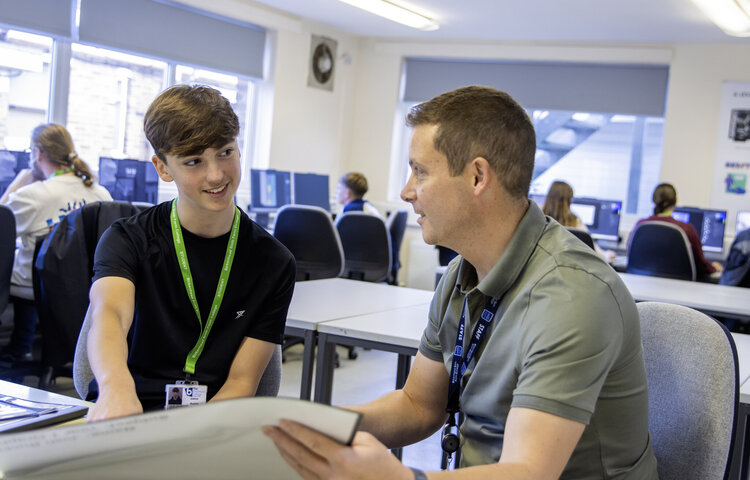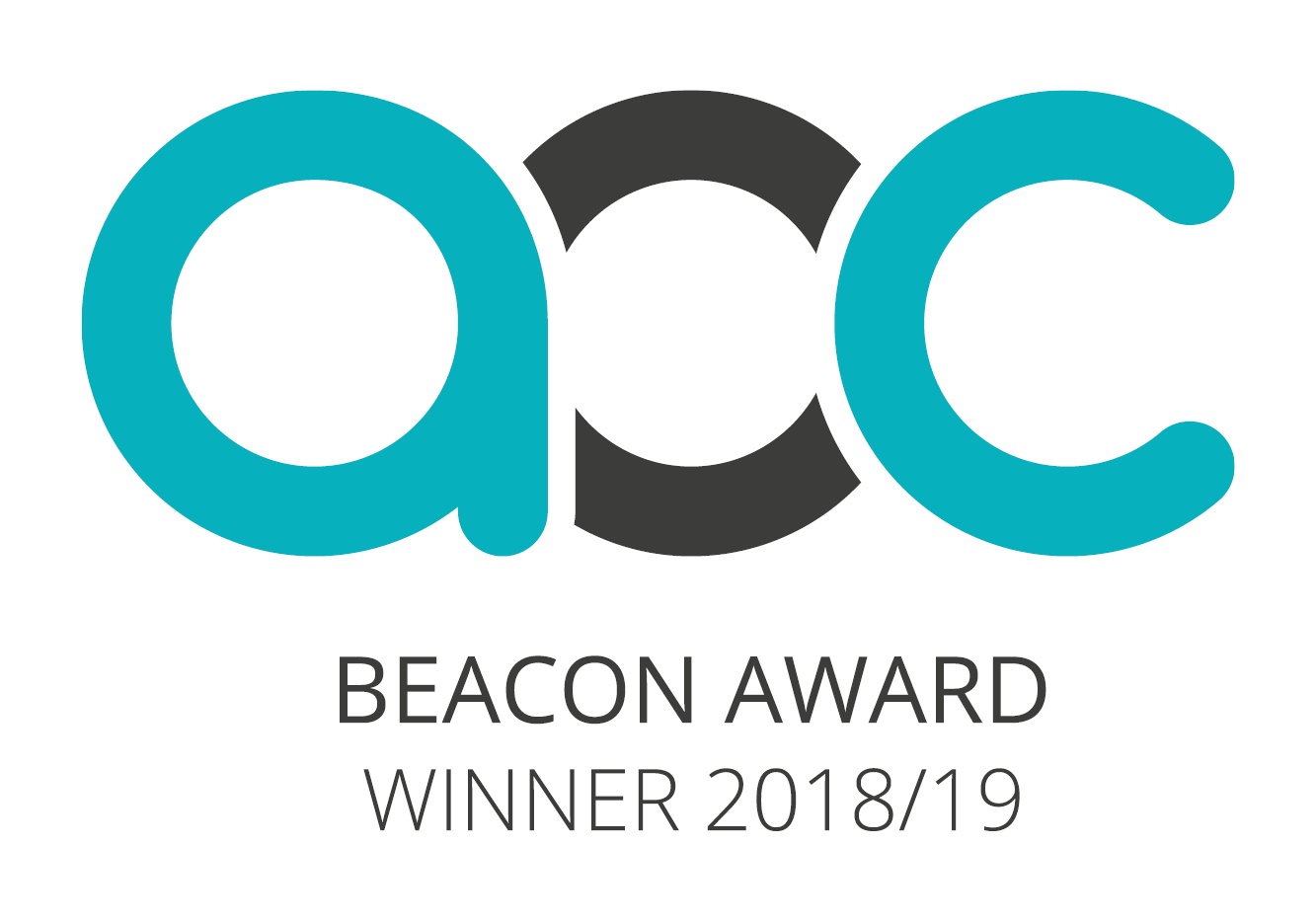Qualification:
A Level
Entry requirements:
Five GCSEs including Maths & English Language: a minimum of three GCSEs at Grade 4 and two GCSEs at Grade 5.
Additional entry requirements:
Grade 6 in Maths.
Overview
Economics examines how individuals, businesses, and governments make choices about resources and respond to economic challenges. This course helps you analyse real-world issues such as growth, inequality, trade, and government policy, while encouraging critical debate and problem-solving.
What you will study
The course is divided into three areas: microeconomics, macroeconomics, and trade and development. Microeconomics focuses on markets, competition, and consumer behaviour. Macroeconomics explores national and global economies, government intervention, and financial systems. Trade and development considers globalisation, emerging economies, and international policy.
Assessment
Assessment is through three written examinations at the end of Year 2, which are two hours each. All exams test data interpretation, analysis, and evaluation of real and theoretical economic issues.
Skills you will develop
You will develop skills in critical analysis, essay writing, quantitative methods, and interpreting economic data – all valuable for higher education and employment.
Future Pathways
Economics provides an excellent foundation for university courses in economics, business, finance, politics, and international relations, and careers in banking, consultancy, law, government, and global organisations.
Exam Board:
Edexcel
.png)




.jpg)








_(403x640).jpg)